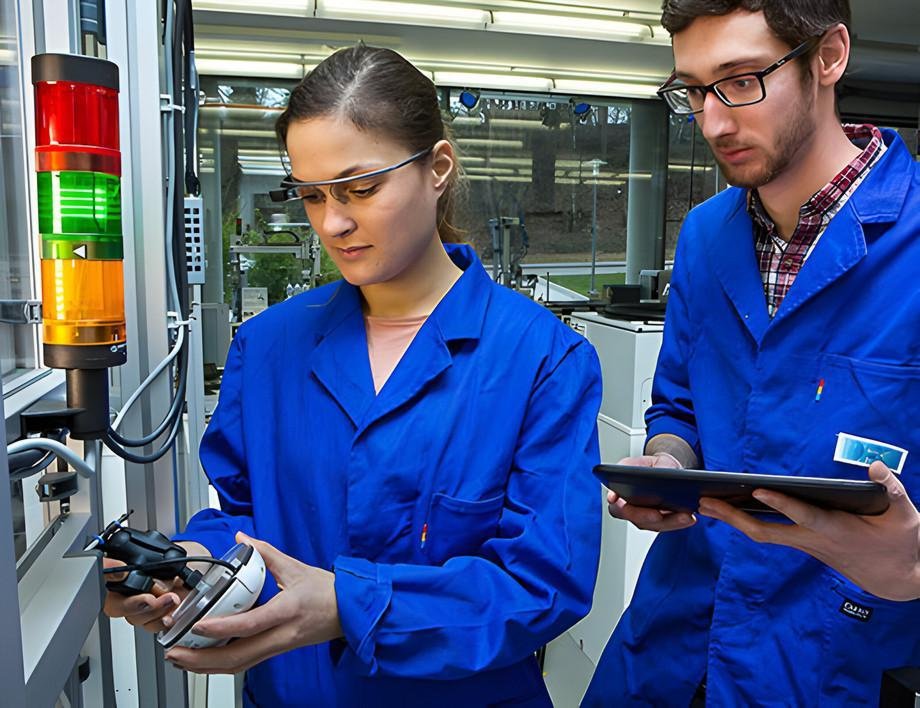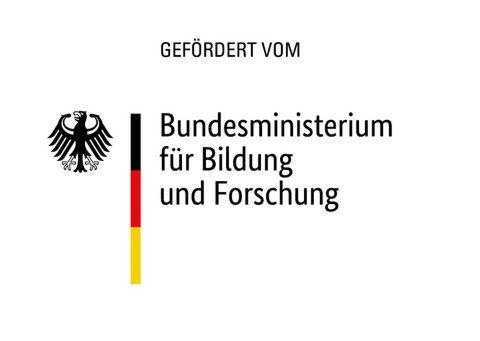Details
Projekt FIND - Konsortium entwickelt Industrielles Internet der Zukunft

The rapid digitalization of production and automation is crucial to the successful implementation of the visionary concepts of Industrie 4.0. Among other things, this entails a secure and efficient communication infrastructure that automatically adapts to the requirements of each application; an infrastructure that enables the efficient networking of the production machines, products, and innovative data services; and, one that easily and safely supports the introduction of new industrial applications. Also, the increasing use of wireless technologies and the steady progress in the convergence of IT (Information Technology) and OT (Operational Technology) present special challenges.The FIND consortium is composed of leading proponents from industry and research who have joined together to develop the foundation for the industrial Internet of tomorrow based on the latest network technologies from the fields of industrial automation, Internet, and 5G wireless communications. The consortium members include: DFKI (lead manager), Robert Bosch GmbH, Festo AG & Co. KG, the Institute Industrial IT (inIT) of the OWL University of Applied Sciences in Lemgo, the HMS Technology Center Ravensburg GmbH, Bosch Rexroth AG, rt-solutions.de GmbH, Siemens AG, the Technical University of Dresden and the University of Passau.The aim of the FIND project is to develop an integrated architecture for the industrial Internet of tomorrow; in particular, a network control capable of automatically mapping and monitoring the requirements of industrial applications for a variety of resources and networking possibilities. Manual interventions when configuring the network and during operations are kept to a minimum. In addition, using a variety of network technologies, it will also be possible to automatically provide defined service packages on an end-to-end basis. This approach, for example, permits a very flexible and efficient implementation of the complex, distributed control architectures where the underlying complexity is mainly abstracted from the application developers and plant operators. The system automatically compensates for the loss or failure of a single resource (for example, a control hardware), reducing unnecessary standstill time of the other units or machines and increasing the efficiency of the overall plant. Future systems currently in development like Time-Sensitive Networking (TSN) or 5G should be easily integrated just as the many existing industrial communication technologies and devices to ensure seamless migration.Professor Hans D. Schotten, scientific director and head of the Intelligent Networks research department at DFKI, is the coordinator of the consortium: "We seek to develop a new and future-proof network control through the combination and integration of existing network technologies that will be flexible, secure, and efficient in operation."As the degree of networking increases, there is also a significant increase in the requirement for the network solutions under development to be protected from attack. The FIND project devotes special attention to this topic and, consequently, develops and integrates special security concepts during the design phase. The new industrial networking technologies will be met with wide acceptance if they can be used without the need for specialized network experts, which implies another key requirement - user friendliness. The FIND solution will feature automated configuration, optimization, and control connectivity.Project funding of approximately 4.3 million euros has been provided for a three-year term by the Federal Ministry of Education and Research (BMBF).
The University of Passau will contribute to FIND by developing Virtual Network Embedding (VNE) models and algorithms that support the project goals mentioned above. Existing embedding algorithms will be extended to ensure automated and optimized resource allocation in the context of industrial communication networks. This requires in particular the creation of a suitable, machine-readable description of the characteristics and capabilities of industrial communication networks. Furthermore, this requires the abstraction of the requirements of indusial applications such as resilience in the form of virtual network requests. The embedding algorithms will be then developed to perform an online (on the fly) mapping and reconfiguration of the application requested communication services by communicating with the network management systems. In the context of VNE for industrial networks, the University of Passau will focus on leveraging modern flexible network management technologies based on network softwarization (Software-defined Networks (SDN) and Network Function virtualization (NFV)).
| Principal Investigator(s) at the University | Prof. Dr. Hermann de Meer (Lehrstuhl für Informatik mit Schwerpunkt Rechnernetze und Rechnerkommunikation) |
|---|---|
| Project period | 01.01.2017 - 30.06.2020 |
| Website | http://www.future-industrial-internet.de |
| Source of funding |  BMBF - Bundesministerium für Bildung und Forschung |
| Projektnummer | 16KIS0578 |

